Machine Learning for Financial Analysis
We've spent years working with banks, investment firms, and fintech companies across Thailand. This program distills what actually works when you're processing massive datasets and need models that hold up under real market conditions.
Start Your Application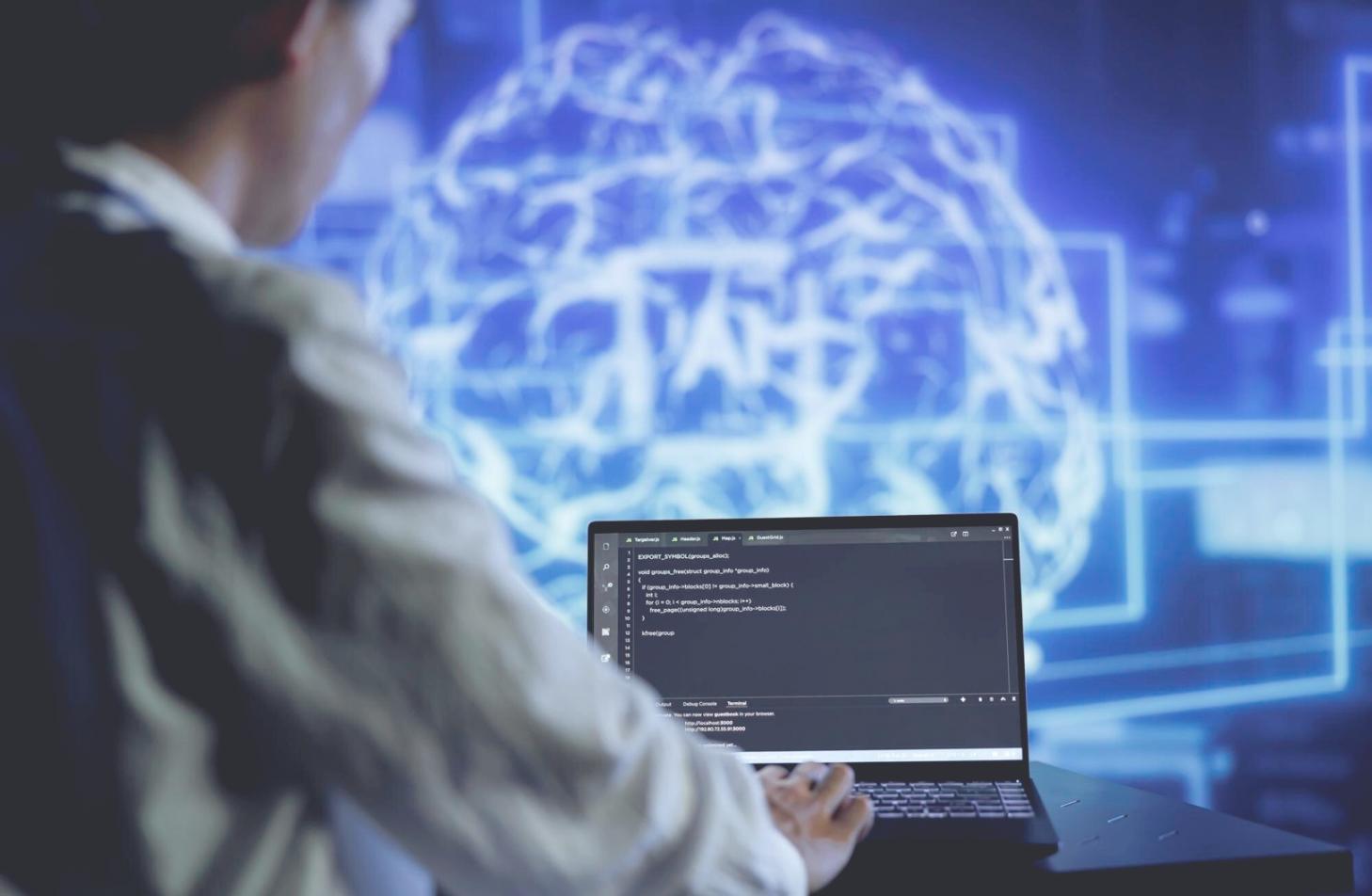
What You'll Actually Build
Forget theoretical exercises. Every project here mirrors something we've built for actual clients dealing with Thai market data.
Portfolio Risk Assessment Engine
Build a system that analyzes historical SET index data and predicts volatility patterns. You'll work with 10 years of actual Thai market movements and learn why standard models sometimes fail spectacularly during regional economic shifts.
Credit Scoring with Alternative Data
Traditional credit scores miss a lot. This project shows you how to incorporate transaction patterns, seasonal income variations, and behavioral signals that matter in Southeast Asian markets. We'll use anonymized data from a real Thai fintech partner.
Fraud Detection Pipeline
Payment fraud looks different here than in Western markets. You'll build detection models that catch the patterns we've seen in Bangkok's digital payment ecosystem, then stress-test them against edge cases that broke earlier versions.
Real-Time Trading Signal System
Your final project processes streaming market data and generates actionable signals under tight latency constraints. This is where everything comes together and you'll see if your models actually perform when milliseconds matter.
Who's Teaching This
Our instructors have built production ML systems for financial institutions across Asia. They've dealt with messy data, tight deadlines, and models that needed to work during market crashes.
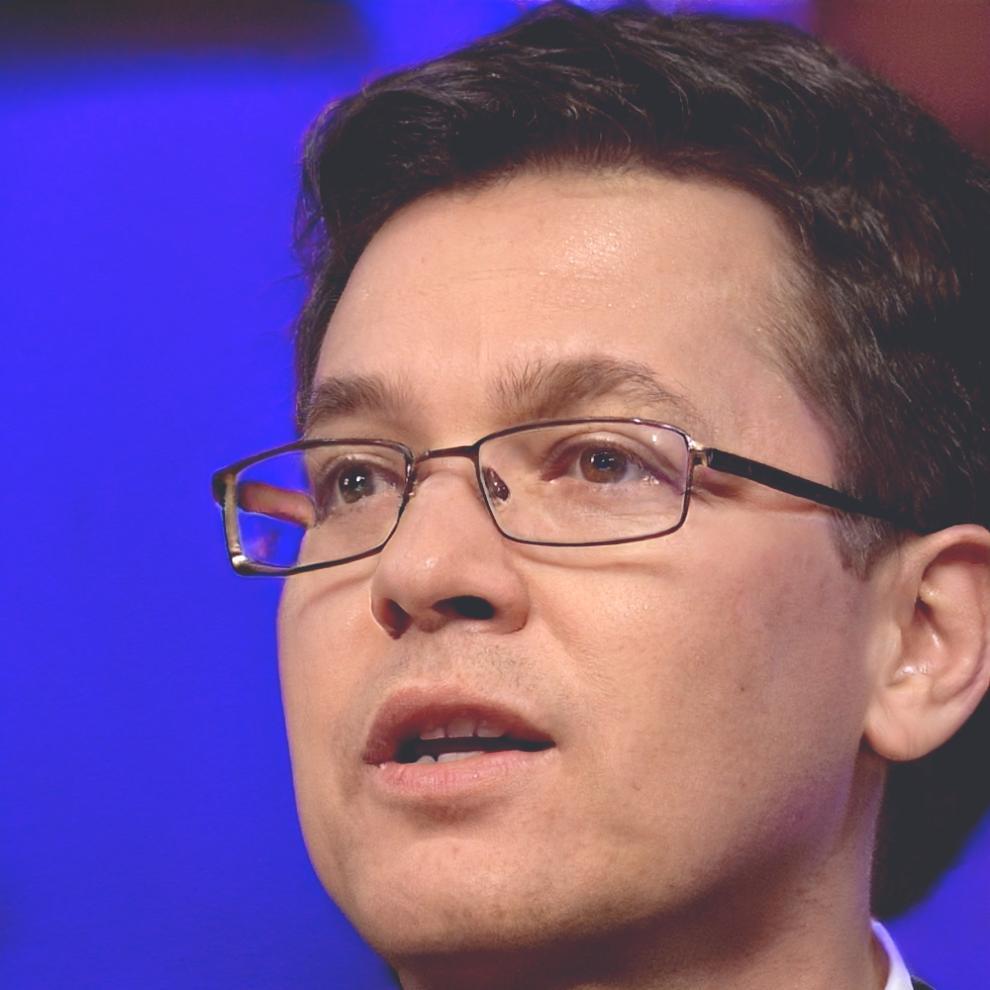
Henrik Lindqvist
Built risk models for Scandinavian banks before moving to Bangkok. Specializes in making complex systems actually understandable.
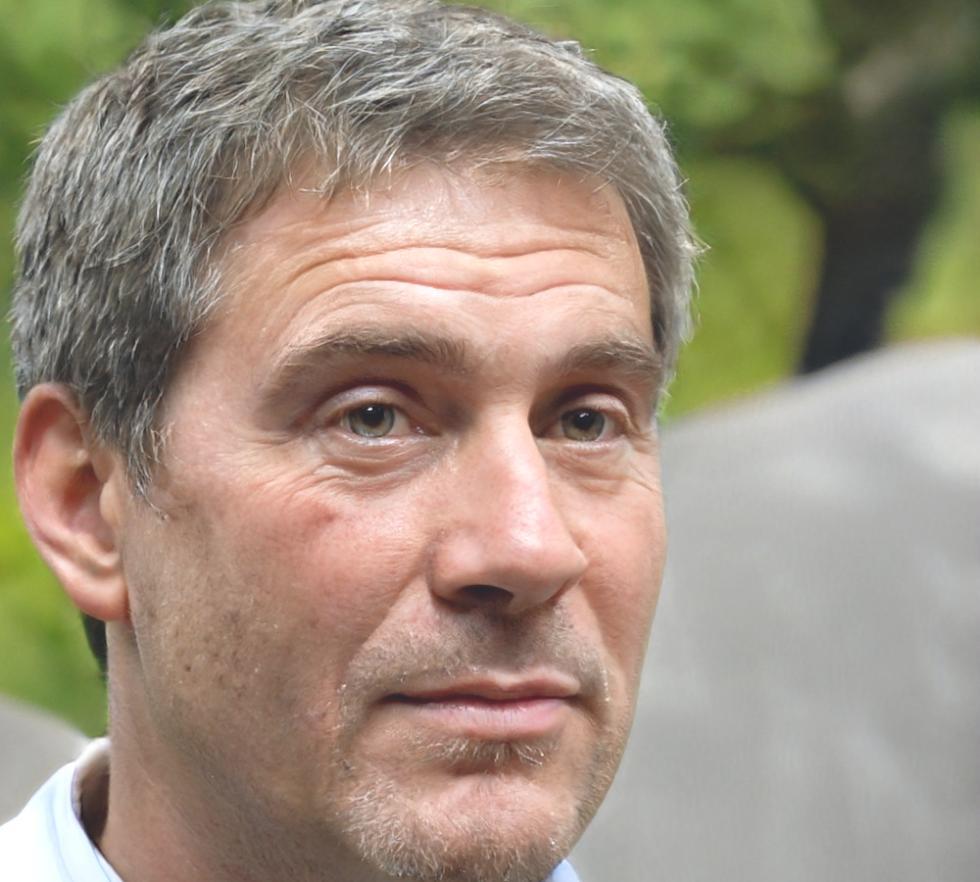
Damir Kovačević
Spent five years optimizing trading algorithms for a Singapore prop shop. Now focuses on teaching practical model deployment.
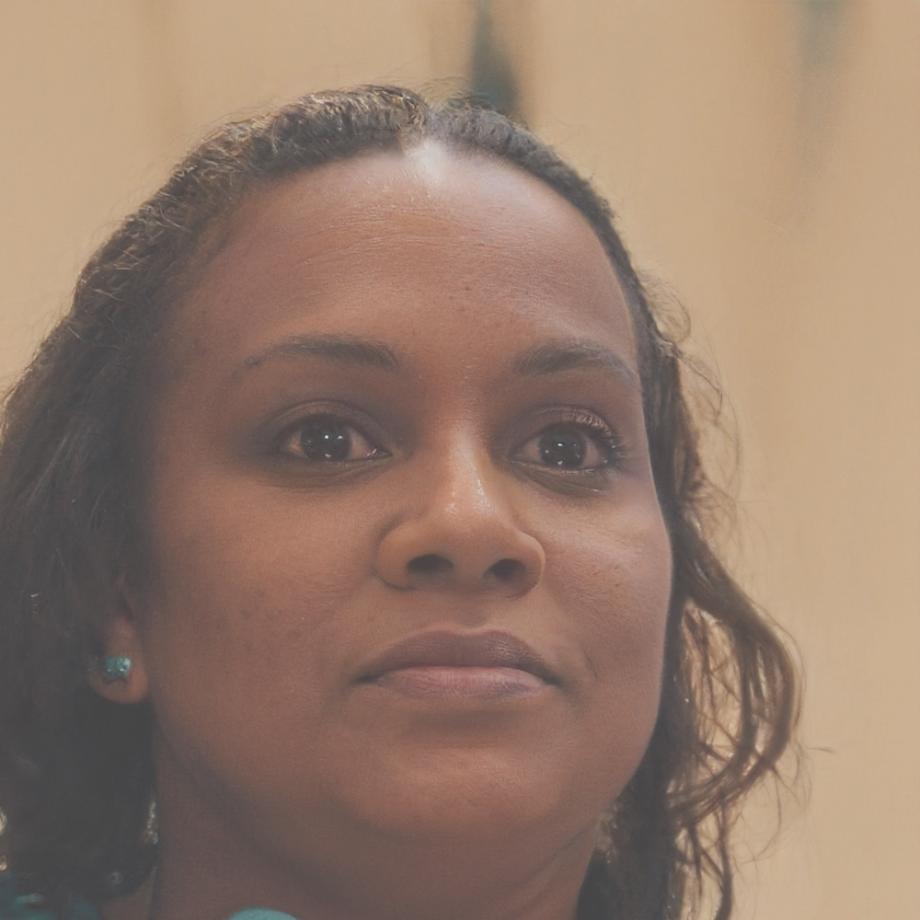
Silje Haugen
Designed data pipelines for Norwegian fintech before relocating to Chiang Rai. Expert in handling real-world data chaos.
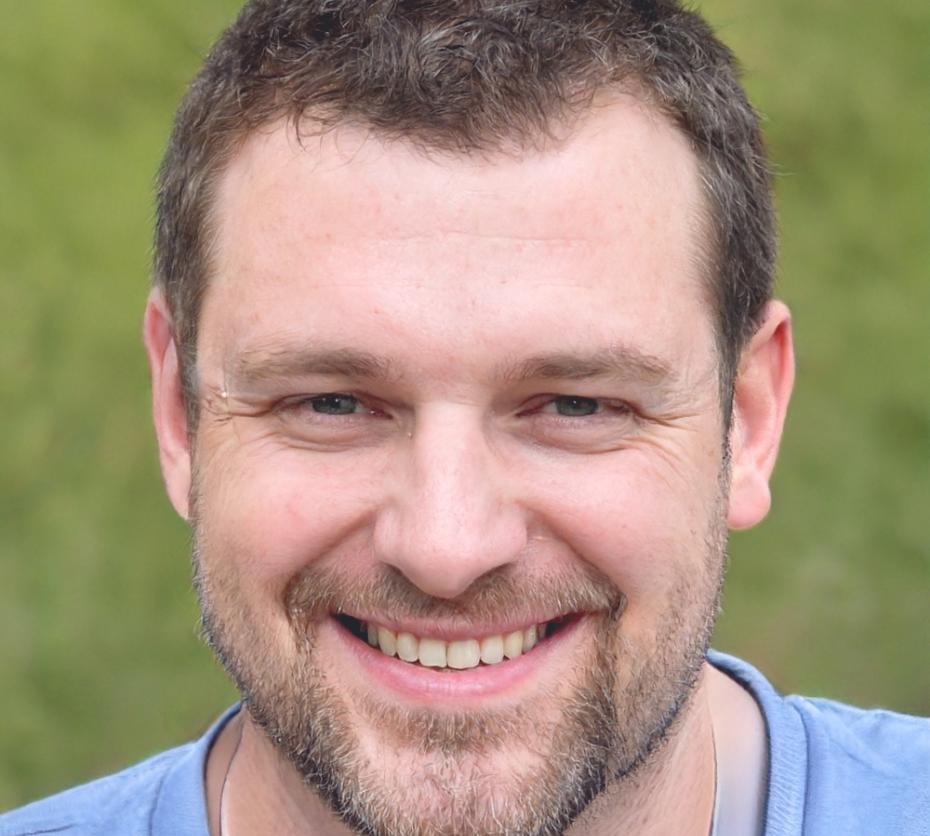
Altan Erdene
Previously developed predictive models for Central Asian markets. Brings perspective on emerging financial ecosystems.
Technical Depth That Actually Transfers
The financial industry moves fast. We focus on fundamentals that stay relevant even as tools and frameworks change.
Each module includes hands-on work with real datasets. You'll spend more time debugging models and analyzing results than watching lectures.
What Makes This Different
- Work with actual Thai market data
- Small cohorts mean direct mentorship
- Projects based on real client work
- Focus on production readiness
- Learn what breaks in practice
Foundation: Financial Data Processing
Before you build anything sophisticated, you need to handle data properly. This covers time series handling, missing data strategies, and the quirks of financial datasets that trip up most beginners.
Supervised Learning for Finance
You'll build classification and regression models for credit decisions and price predictions. More importantly, you'll learn when these approaches fail and how to recognize those situations early.
Anomaly Detection & Fraud
Fraudsters adapt quickly. This module teaches you to build systems that catch unusual patterns without drowning compliance teams in false positives. Balance is everything here.
Deep Learning Applications
Neural networks aren't always the answer, but sometimes they're the only answer. You'll learn when to reach for deep learning and how to make it work with limited training data.
Production ML Systems
A model that works on your laptop means nothing. This final module covers deployment, monitoring, and maintaining models in production environments where uptime matters.
September 2025 Cohort Opening Soon
We're accepting applications through June. The program runs 16 weeks starting September 8th, with evening sessions designed for working professionals. Limited to 12 students to maintain quality.